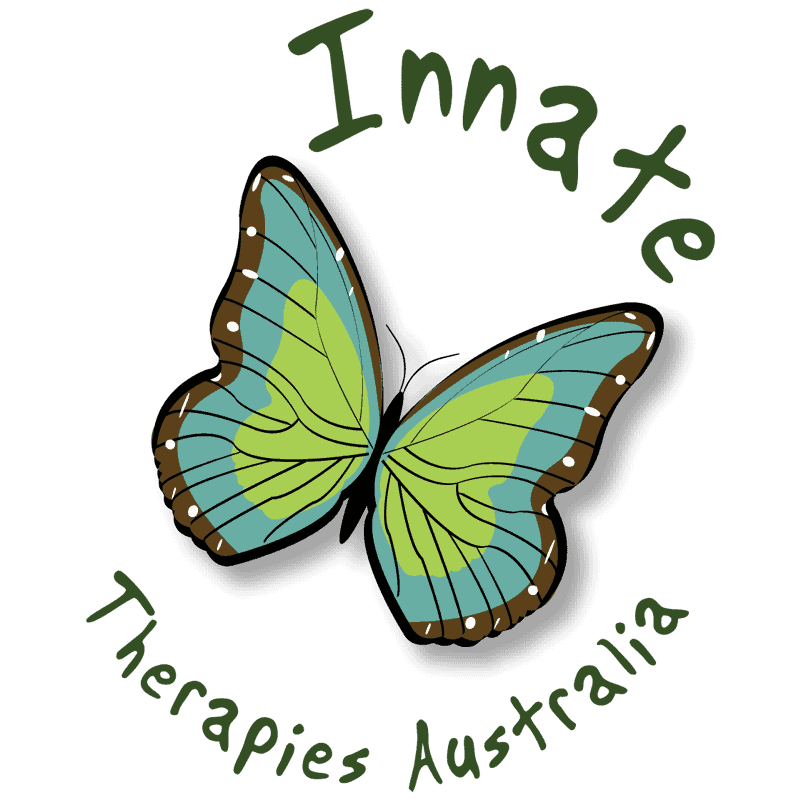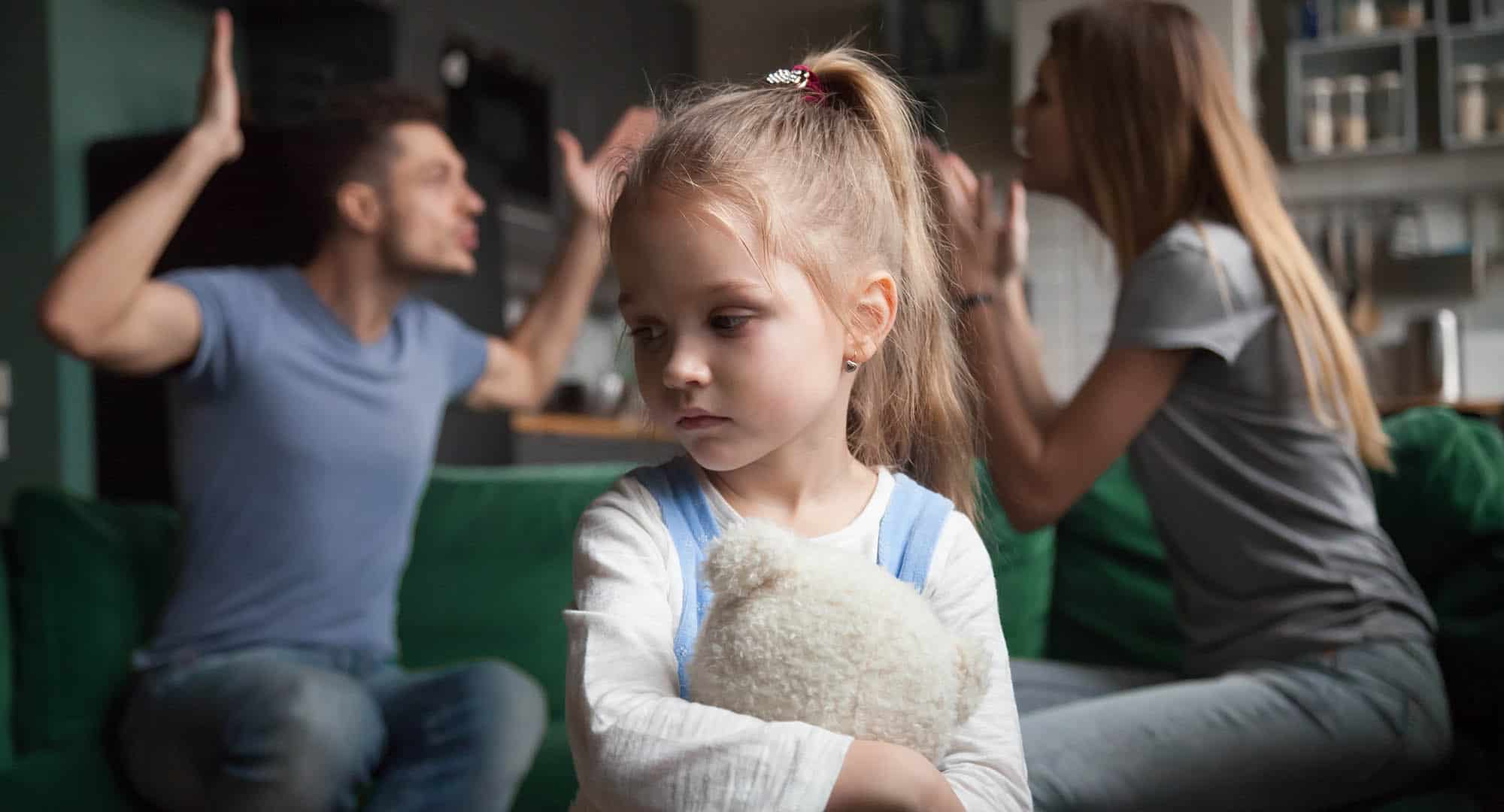Childhood Trauma and the impact it has on the future adult.
Childhood trauma can be experienced in response to a variety of situations such as verbal and emotional abuse, sexual abuse, domestic violence, divorce/separation, illness, loss of a loved one and bullying. These are some of the situations from which childhood trauma can arise, but certainly not all. What may not seem severe to an adult, can be an extremely traumatic event to a child.
As adults we need to understand, and remember, that a child does not have the mental capacity to process events or situations in the same way an adult does. Their brain is still growing and they are still learning how the world works so expecting a child to process trauma in the same way as an adult will only create a situation where the impact of trauma increases as the child struggles to grasp and understand what is happening in their world.
For very young children who cannot verbalise the way they feel, they will display the impact through behaviours such as anger, bed wetting, anxiety and crying. For older children the impact can be displayed not only through verbalising their feelings but in other ways such as learning difficulties, low self esteem, anger, eating disorders, lack of focus, inability to mix well with others their own age. There are no hard and fast rules about what the impact displays like in each child. Some will show many of the above and others may only display one or two.
As adults it is our duty to ensure that a child that has undergone any form of trauma, is treated accordingly through seeking professional help whether it be from teachers, counsellors, general practitioners etc. A child who has experienced trauma and who isn’t given the necessary skills and tools to work through the trauma, then becomes an adult who struggles to carry on “normal” relationships in a healthy way.
The impact of childhood trauma can show itself in adulthood in a variety of ways including poor decision making with regard to personal relationships, addiction – including food, alcohol and drugs, ill health, lack of trust, fear, anxiety and depression and the inability to set personal boundaries.
All of these outcomes can lead to an adult who struggles to live a fulfilled life and to form lasting friendships and relationships. It can also lead to long term health issues caused by the body being in constant fight or flight mode as a response to untreated childhood trauma.
If an event causes trauma in a child and is left untreated, the child then forms their views on situations and reactions based on that trauma. This then leads to an adult who has formed their own coping method and often that coping method is detrimental to not only the person themselves, but often their future relationships.
It is never too early seek intervention for a child nor is it ever too late for an adult to seek the support of a trained trauma therapist to support them in working through the events surrounding the trauma and learning new ways of coping and a learning how to live without trauma being the driving factor behind every decision.
If you, or someone you know has been impacted by childhood trauma, then our Trauma counsellor would love to support you in living a life that is not dictated to by the past events and to provide you with the support and tools to live your best life moving forward.[

